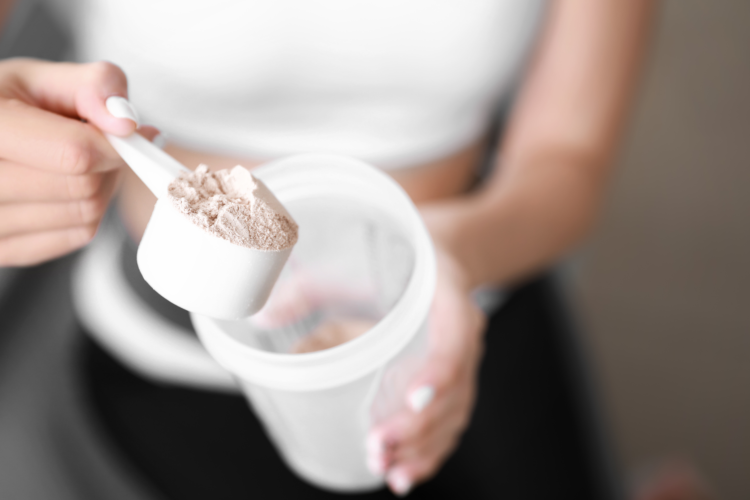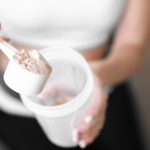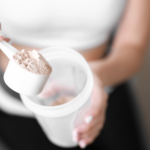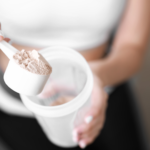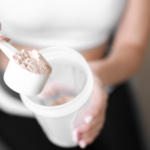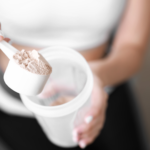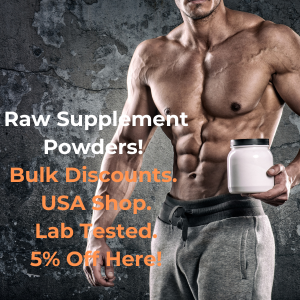Protein powder is a popular dietary supplement commonly used by individuals looking to increase their protein intake, support muscle growth, and aid in recovery after exercise. However, one common concern associated with protein powder consumption is its potential to cause bad gas and gastrointestinal discomfort. Understanding the factors that contribute to gas formation and how to mitigate these effects can help individuals enjoy the benefits of protein powder without experiencing unwanted side effects.
- What Are The Effects Of Creatine And Alcohol
- Does Creatine Boost Testosterone Everything You Need To Know
- Will Creatine Help Me Lose Weight?
- Does Creatine Break A Fast And Can You Take Creatine When Fasted?
- Does Creatine Help With Muscle Recovery
- Will Creatine Cause You To Weight Gain?
One reason why protein powder may cause bad gas is its high protein content, particularly when consumed in large amounts or by individuals with sensitive digestive systems. Protein powders, especially those derived from dairy sources like whey and casein, contain lactose—a type of sugar that some people have difficulty digesting. Incomplete digestion of lactose can lead to fermentation in the colon, producing gas and bloating as byproducts.
Moreover, certain protein powders may contain additives, sweeteners, or artificial ingredients that can exacerbate gastrointestinal discomfort and gas formation. Ingredients such as sugar alcohols (e.g., sorbitol, mannitol) and artificial sweeteners (e.g., sucralose, aspartame) are known to have a laxative effect and may contribute to gas production and bloating in sensitive individuals. Additionally, some protein powders may contain fiber supplements or thickeners like guar gum or xanthan gum, which can cause gastrointestinal distress in some individuals.
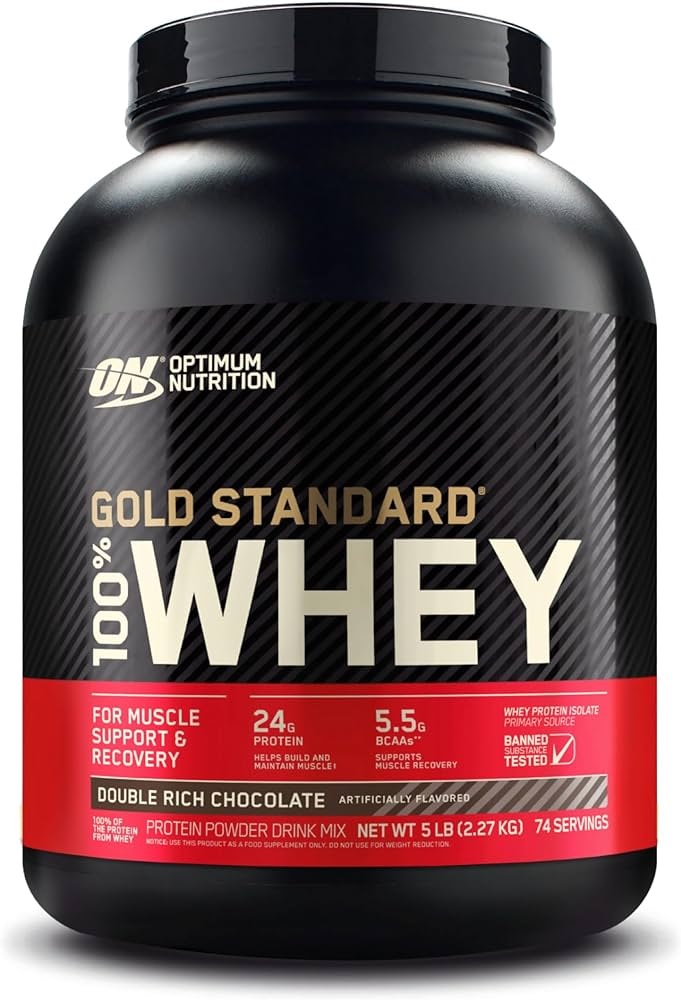
Buy Protein Powder Online
We Have Some Of The Best Protein Powder Out There!
Come have a look what types of Protein we have? Shop the best Protein Powder! We have found the best deals! Or please feel free to read more about the many benefits of Protein supplements on site.
FAQs
Why does protein powder sometimes cause bad gas?
Protein powder can cause bad gas due to its high protein content, which can be challenging for some individuals to digest fully. Additionally, certain protein powders may contain additives, sweeteners, or artificial ingredients that can exacerbate gastrointestinal discomfort and gas formation.
Which types of protein powder are most likely to cause bad gas?
Protein powders derived from dairy sources like whey and casein may be more likely to cause bad gas, particularly in individuals with lactose intolerance. Additionally, protein powders that contain sugar alcohols, artificial sweeteners, or thickeners like guar gum or xanthan gum may also contribute to gastrointestinal distress and gas formation.
How can I reduce the likelihood of experiencing bad gas from protein powder?
To minimize the likelihood of experiencing bad gas from protein powder, consider choosing protein powders made from alternative protein sources such as pea, rice, hemp, or soy. Additionally, opt for products that are free from added sugars, artificial sweeteners, and unnecessary additives. Starting with a smaller serving size and gradually increasing as tolerated can also help reduce the risk of gastrointestinal discomfort.
Is bad gas from protein powder harmful, and should I be concerned?
While bad gas from protein powder is usually temporary and not harmful, it can be uncomfortable and inconvenient for some individuals. If you experience persistent or severe gastrointestinal symptoms after consuming protein powder, such as bloating, cramping, or diarrhea, it may be a sign of an underlying digestive issue. In such cases, it’s advisable to consult with a healthcare professional for further evaluation and guidance. Shop raw supplements, bulk discount, lab tested 5% off here!
